Myth 1: Finite Bitcoin Supply Leads to Inaccessibility Over Time
- Argument Against: Bitcoin's limited supply will eventually lead to most coins being inaccessible, especially as people die without passing on access to their coins.
- Counter-Argument: Bitcoin supporters view the loss of coins as a positive, as it increases the value of remaining coins. Additionally, Bitcoin is infinitely divisible (if needed we can further divide beyond 1 satoshi), mitigating concerns about limited supply.
Myth 2: Inflation is Preferable to Deflation in Economic Systems
- Argument Against: Inflation, particularly modest rates (1-3%), is necessary for a functional economy. Deflation can lead to recessions as people withhold spending, expecting their money to be worth more tomorrow.
- Counter-Argument: Some argue that inflation leads to recessions and equate it to theft. They believe that Bitcoin's deflationary nature does not necessarily lead to economic stagnation. Anyway if controlled inflation is preferred, there exist other decentralized Cryptocurrencies that target a controlled inflation rate (100% free from bank and government intervention), suggesting a balance between inflation and deflation, usually through a mechanism known as tail emission.
Myth 3: Deflationary Assets Inherently Stagnate the Economy
- Argument Against: Deflationary assets like Bitcoin encourage people to save rather than spend, potentially stagnating the economy.
- Counter-Argument: The existence of other deflationary assets, like gold, which have not led to widespread economic stagnation, challenges this view. People continue to spend despite the potential future value increase. The argument is that deflation doesn't necessarily lead to economic stagnation, and people will spend based on immediate needs and desires.
Myth 4: Bitcoin's Value is Based Purely on Speculation
- Argument Against: Bitcoin's value is artificially inflated by scarcity, speculation, and greed, unlike physical commodities like gold.
- Counter-Argument: Bitcoin's value varies for individuals, offering practical uses in situations like avoiding high transaction fees or circumventing restrictive financial regimes. The value of Bitcoin, like gold, extends beyond physical utility to encompass aspects like scarcity and its role as a medium of exchange. Moreover, if gold's price were solely based on its practical usage rather than speculation and scarcity, it would be much cheaper. Gold is useful, but this usefulness alone does not justify its high price, nor does it increase proportionally with its price. This implies that gold, like Bitcoin, derives significant value from factors beyond just physical utility.
Additional Consideration in the Bitcoin Discussion
- Broader Economic Impact: An important aspect to consider is the potential shift in investment trends. For example, if a significant number of investors start viewing Bitcoin as a superior store of value compared to traditional assets like real estate, this could lead to a decrease in housing prices. Such a shift would primarily benefit those looking to buy real estate for living purposes, rather than as an investment or savings mechanism. This change could make housing more affordable for individuals who genuinely intend to use real estate for personal use, rather than for financial gain. By the same logic, having Bitcoin as the preferred store of value could reduce gold's price to reflect its real utility value.
[link] [comments]

You can get bonuses upto $100 FREE BONUS when you:
💰 Install these recommended apps:
💲 SocialGood - 100% Crypto Back on Everyday Shopping
💲 xPortal - The DeFi For The Next Billion
💲 CryptoTab Browser - Lightweight, fast, and ready to mine!
💰 Register on these recommended exchanges:
🟡 Binance🟡 Bitfinex🟡 Bitmart🟡 Bittrex🟡 Bitget
🟡 CoinEx🟡 Crypto.com🟡 Gate.io🟡 Huobi🟡 Kucoin.



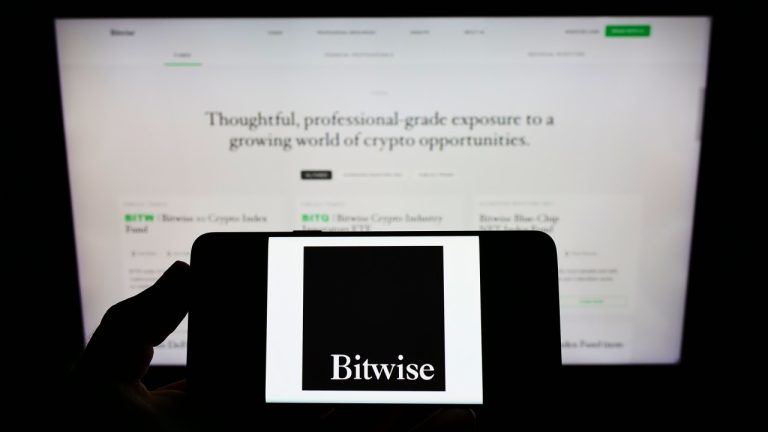


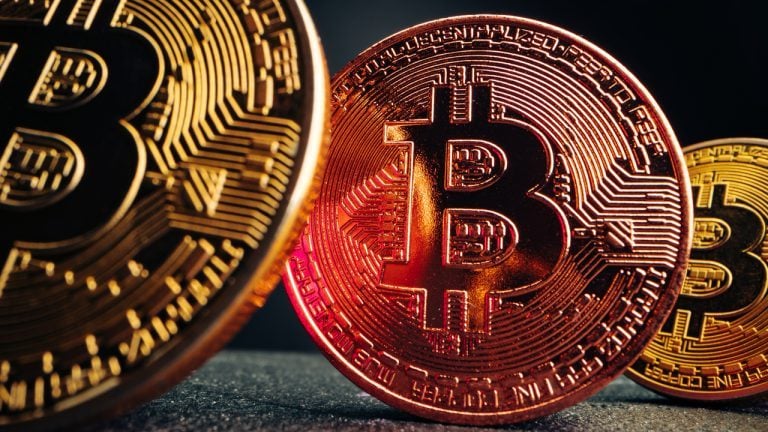

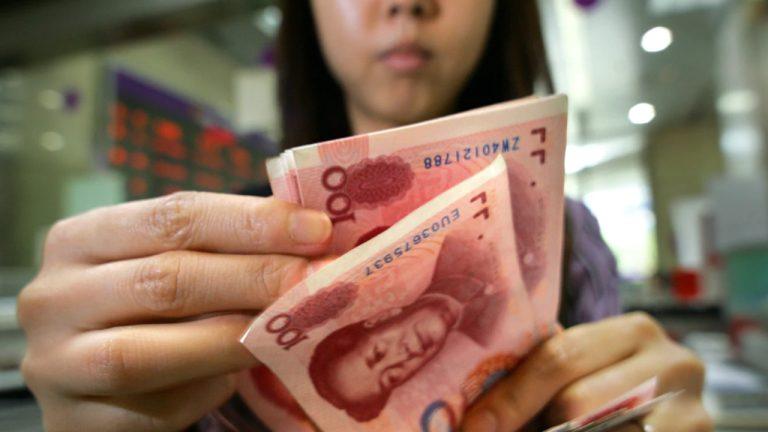
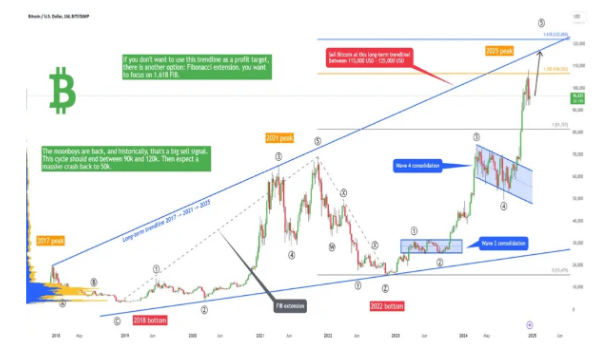

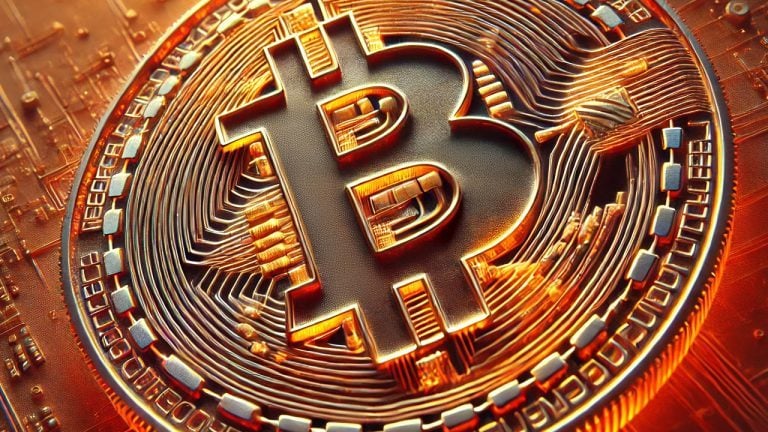


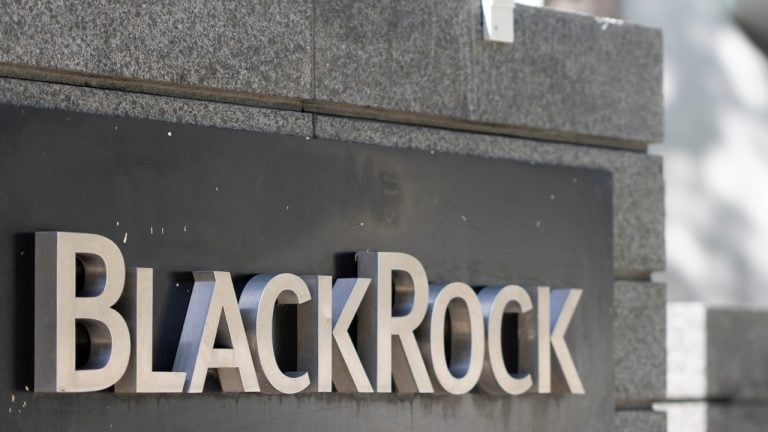
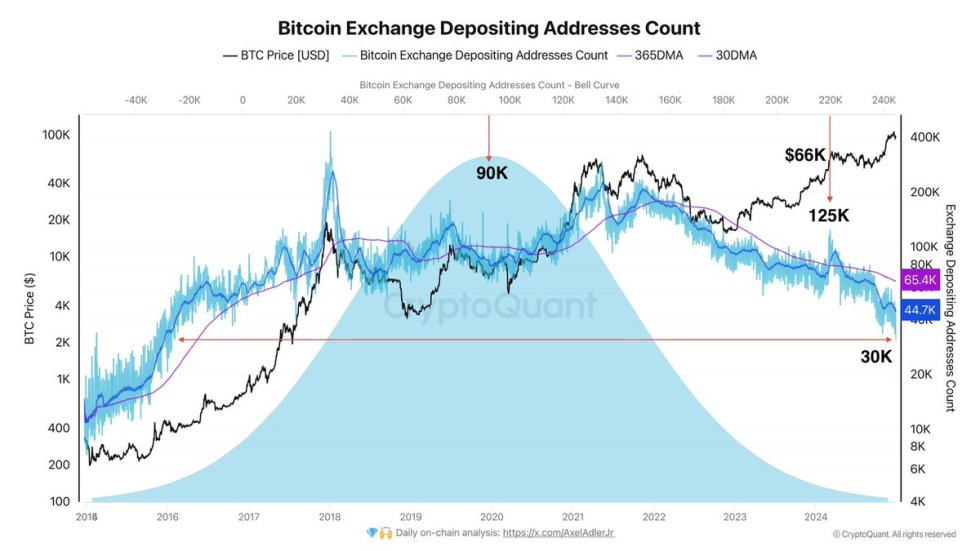




Comments